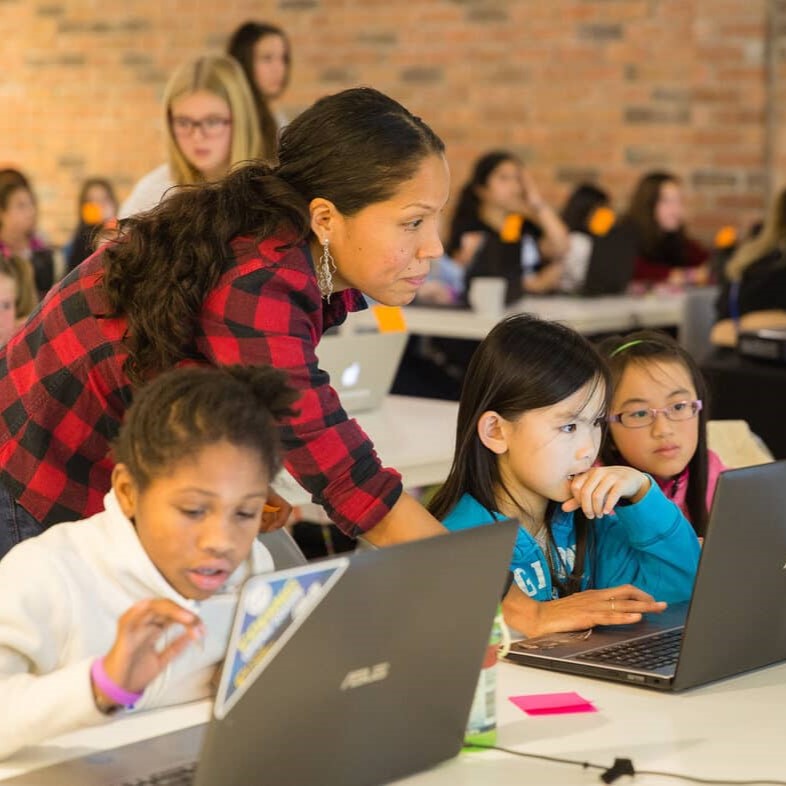


Adolescence is a time when young people learn about themselves; during this time, they explore their personal preferences and the things they want to surround and incorporate into their identity. Educational and creative workshops are a very useful tool for developing skills that also improve the quality of life in adulthood, since adolescence is a sensitive time for the development of emotional and social skills. When examining whether emotional and social skills impact and regulate both thoughts and behavior, it is particularly crucial to work with them. People who possess emotional competence are able to identify their own and other people's emotions, use emotions to help with thought processes, comprehend emotions they perceive, and control their emotions (Maliakkal, Hoffmann, Ivcevic, & Brackett, 2016). Educational and creative workshops can focus on a variety of issues and concerns that young people encounter, particularly those who belong to risk groups and do not reside in a functional nuclear family. Workshops can be used to learn and better understand specific scientific fields, such as science, technology, engineering, and mathematics (STEM) (Gairal-Casado, Garcia-Ieste, Novo-Molinero, & Salvado-Belarta, 2019). This depends on the needs that have been identified. Certain scientific fields can be highly specialized, depending on the workshop attendees' intended audience.

It has been acknowledged how crucial educational workshops are in the field of mental health because they teach youth how to identify and comprehend conditions like depression. Since depression is more common in adolescence and can have serious, life-long effects on an individual, including poor performance in school and in business as an adult, difficulties concentrating, memory, motivation, and other health issues, risky and pseudosuicidal behaviors, and suicide itself, it is especially desirable to include depression in the workshops (Martinez, Espinosa, Zitko, Marin, Schilling, Schverter, & Rojas, 2015). The workshops teach young people how to treat themselves and others while also assisting them in identifying the different symptoms of specific psychological conditions. School systems can also greatly benefit from educational workshops, as they provide professional and teaching staff with strategies and ways to help adolescents while also helping them recognize the issues and challenges that young people face.
We believe charity is a lifetime investment.
We believe charity is a lifetime investment.